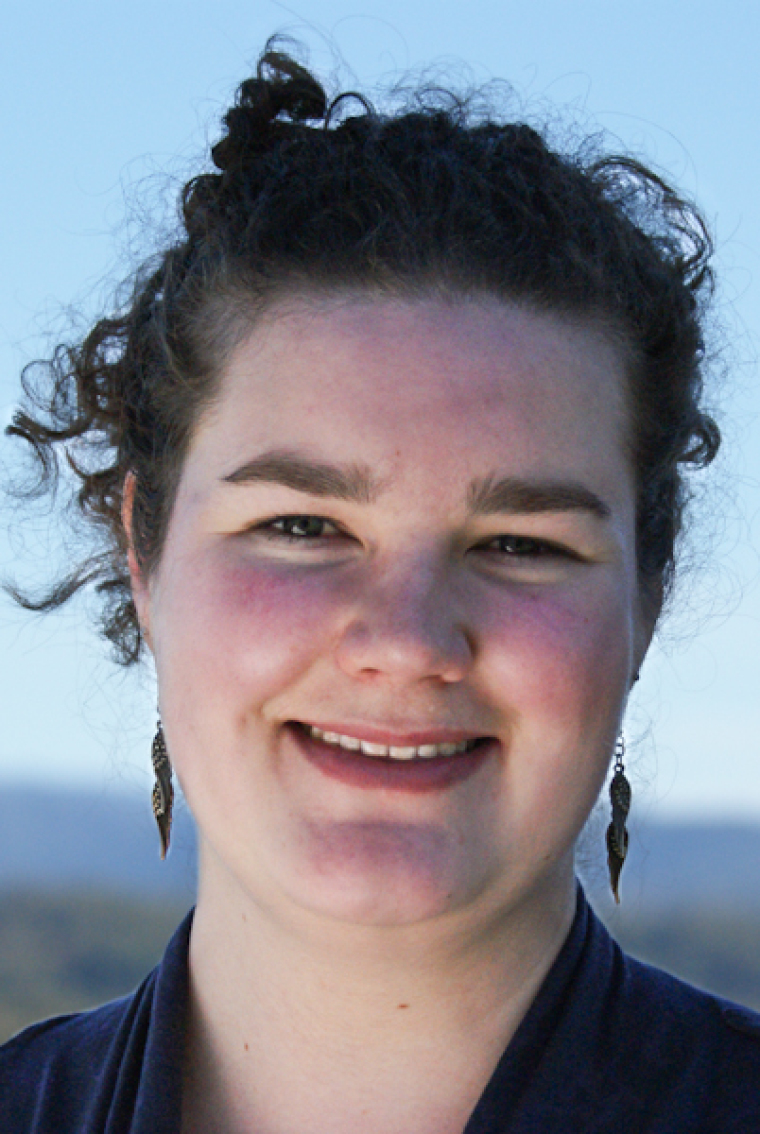
Dr Croucher leads the discussion with the Scripture: Those who depend on obeying the Law live under a curse… the Law has nothing to do with faith (Paul). If [faith] is alone and includes no actions, it is dead (James).
He continues with Scriptures: We have many parts in the one body, and all these parts have different functions. In the same way, though we are many, we are one body in union with Christ, and we are all joined to each other as different parts of one body.
Christ is like a single body, which has many parts; it is still one body, even though it is made up of different parts. God put every different part in the body just as he wanted it to be… There would not be a body if it were only one part! There are many parts, but one body.
What we see now is like a dim image in a mirror… What I know now is only partial… Meanwhile these three remain: faith, hope and love; and the greatest of these is love.
So, then, let us stop judging one another… aim at those things that bring peace and that help to strengthen one another.
And now I give you a new commandment: love one another. As I have loved you, so you must love one another. If you have love for one another, then everyone will know that you are my disciples.
Accept one another, then, for the glory of God, as Christ has accepted you.
Above all, keep your love for one another at full strength, because love cancels innumerable sins. Be hospitable to one another without complaining. Whatever gift each of you may have received, use it in service to one another, like good stewards dispensing the grace of God in its varied forms.
(Galatians 3: 10, GNB; James 2: 17, GNB; Romans 12: 4-5, GNB; 1 Corinthians 12: 12-13, 18-20, GNB; 1 Corinthians 13: 12-13, GNB; Romans 14:13 and 19, GNB; John 13: 34-35, GNB; Romans 15: 7, GNB; 1 Peter 4: 8-10, NEB)
Dr Croucher Comments
Snoopy was typing a manuscript, up on his kennel. Charlie Brown: 'What are you doing, Snoopy?' Snoopy: 'Writing a book about theology.' Charlie Brown: 'Good grief. What's its title?' Snoopy (thoughtfully): 'Have You Ever Considered You Might Be Wrong?' This points up a central Christian dictum: God's truth is very much bigger than our little systems.
Our Lord often made the point that God's fathering extended to all people everywhere. He bluntly targeted the narrow nationalism of his own people, particularly in stories like the good Samaritan. Here the 'baddie' is a hero. It's a wonderful parable underlining the necessity to love God through loving your neighbour â€" and one's neighbour is the person who needs help, whoever he or she may be. But note that love of neighbour is more than seeking their conversion, then adding a few acts of mercy to others in 'our group'. Jesus' other summary statements about the meaning of religion and life in Matthew 23:23 and Luke 11:42 involve justice too: attempting to right the wrongs my neighbour suffers.
'Ethnocentrism' is the glorification of my group. What often happens in practice is a kind of spiritual apartheid: I'll do my thing and you do yours â€" over there. Territoriality ('my place â€" keep out!') replaces hospitality ('my place â€" you're welcome!'). I like Paul's commendation in Philippians 2:19-21 of Timothy 'who really cares' when everyone else was concerned with their own affairs.
Sometimes our non-acceptance of others' uniqueness has jealousy or feelings of inferiority at their root. You have probably heard the little doggerel, 'I hate the guys/that criticise/and minimise/the other guys/whose enterprise/has made them rise/above the guys/that criticise/and minimise…'
In our global village we cannot avoid relating to 'different others'. Indeed, marriage is all about two different people forming a unity in spite of their differences. Those differences can of course be irritating â€" for example when a 'lark' marries an 'owl' (but the Creator made both to adorn his creation).
Even within yourself there are diverse personalities. If you are a 'right brain' person, why not develop an interest in 'left brain' thinking?
The right idea
Rowland Croucher notes that the Lord reveals different aspects of his truth to different branches of the church. What a pity, then, to make our part of the truth the whole truth. Martin Buber had the right idea when he said that the truth is not so much in human beings as between them. An author dedicated his book to 'Stephen… who agrees with me in nothing, but is my friend in everything.' Just as an orchestra needs every instrument, or a fruit salad is tastier with a great variety of fruits, so we are enriched through genuine fellowship with each other.
A Christian group matures when it recognises it may have something to learn from other groups. The essence of immaturity is not knowing that one doesn't know, and therefore being unteachable. No one denomination or church has a monopoly on the truth.
How was God able to get along for 1500, 1600 or 1900 years without this or that church? Differences between denominations or congregations â€" or even within them â€" reflect the rich diversity and variety of the social, cultural and temperamental backgrounds from which those people come. But they also reflect the character of God whose grace is 'multi-coloured'.
If you belong to Christ and I belong to Christ, we belong to each other and we need each other. Nothing should divide us. For a fuller discussion see Rowland Croucher's article: jmm.aaa.net.au/articles/11365.htm
Rowland Croucher's web site: jmm.aaa.net.au
Rosie Timmins in a journalism graduate from Bond and is based in Melbourne ministering with OAC as an Intern.
Rosie Timmins' archive of articles may be viewed at www.pressserviceinternational.org/rosie-timmins.html